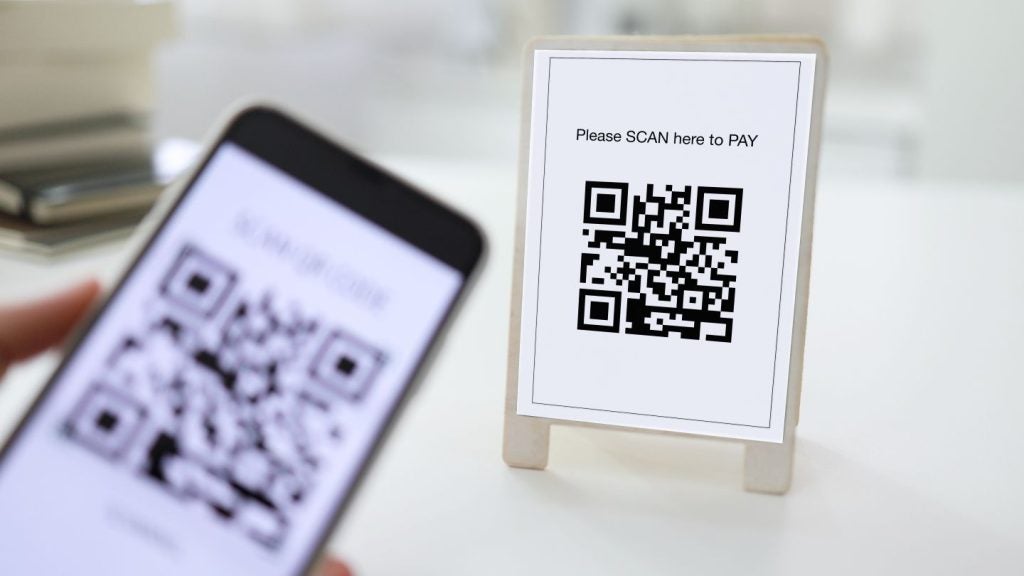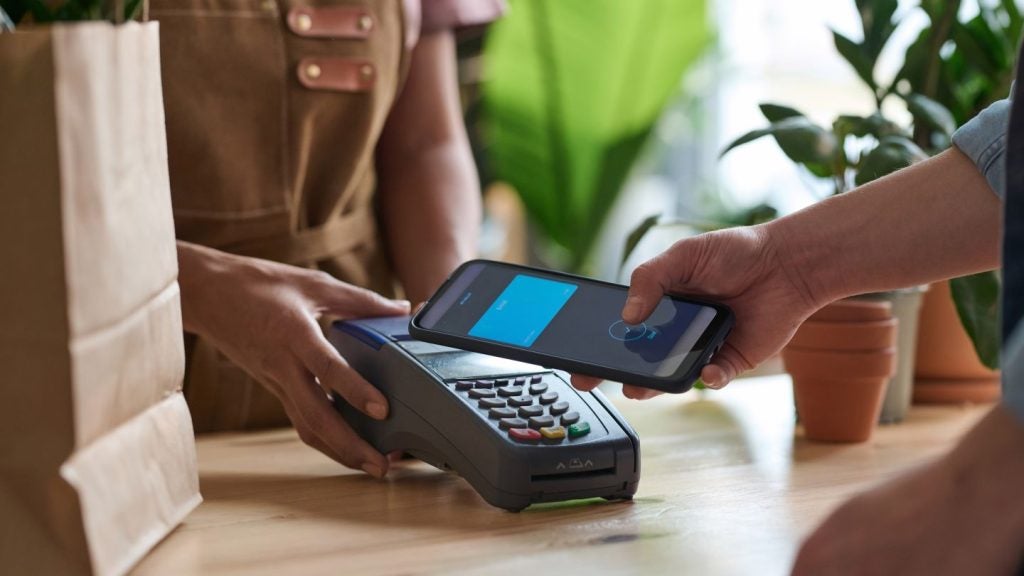For retail, we’re already seeing a move towards payment acceptance on everyday mobile phones thanks to SoftPOS. This will continue into 2024.
SoftPOS empowers frontline retail staff by allowing them to use their own personal devices to bring payments to the customer. The consequence is that the whole process is more flexible and customer-friendly, with the added benefit of boosted revenue for the retailer.
In ten years, it’s unlikely that POS hardware as we understand it today will exist – and that means minimal queues, reduced costs, and an overall improvement for the customer experience.
This is particularly clear in high-traffic environments like airports, where the technology enables quicker, more convenient transactions. In duty-free shops, customers can pick up their Toblerone and perfume and pay more quickly, dodging the queues and heading straight to the gate. This flexibility is also welcome in luxury shopping, where a personalised payment process enhances the overall customer experience.
Convergence between software and payments is only going to accelerate. Although the UK is still behind the US market in terms of speciality software, we will see the transition to connected commerce speed up next year, bringing online and instore closer together.
Partnerships
Retail and hospitality businesses will continue to adapt to the growing popularity of digital wallets, which have exploded in use in several countries around the world as consumers adopt different payment methods post-pandemic.

US Tariffs are shifting - will you react or anticipate?
Don’t let policy changes catch you off guard. Stay proactive with real-time data and expert analysis.
By GlobalDataManaging these new forms of payments can be daunting, so it’s important that firms have confidence in their payments partnerships. Experienced partners add value through their ability to manage digital wallet payments across all channels and use the payments data for better customer insights and operational efficiency.
There is also likely to be a shift towards cloud-based payments platforms as they provide a more advanced unified payments experience for retailers, hospitality businesses and their customers and guests.
Collaboration between different technology vendors, networks of payments providers and banks, and businesses can also help enterprises make the most of multi-currency services, befitting of a globalised customer base.
Being open to collaboration will be the differentiator between a business that’s bounded, and one that’s moving into 2024 on the front foot.
Sustainable payments
Sustainable payments go beyond the traditional understanding of financial transactions; they are about embedding eco-consciousness into every swipe, tap, or click. As we progress further into this decade, pivoting to sustainable payments will be more a necessity than a simple trend.
The emergence of digital wallets and contactless payments is not just a convenience; it’s a reduction in plastic cards, and the associated environmental damage. Digital receipts and e-invoices are other ways of reducing waste that we’ll see more of, further cementing the role of sustainable payments in environmental conservation.
Additionally, moving towards SoftPOS opens-up the opportunity to accept payments on everyday mobile phones alongside the functionality offered within smart devices, reducing the number of dedicated payments terminals required and benefiting the environment.
From apparel to electronics, every sector is witnessing a more eco-centric approach in purchasing habits. Evolving payment methods aren’t just technical upgrades but reflect changing values and priorities of consumers and businesses alike. Companies in all industries must adapt, or face being left behind as preferences overtake.
Generative AI
Not too long ago, it was all about blockchain, but the technology has not yet been scaled as many originally anticipated. In a similar sense, AI in the payments industry is often discussed, although its practical application remains a subject of much debate. Despite recognised applications in customer support, compliance and anti-money laundering, it’s still early days for the potential use-cases of generative AI.
First-movers in retail are developing kiosks that can give personalised AI recommendations – for example, for make-up – and basket the recommendations and payments through a digital token. There’s also scope for using generative AI in hospitality to interrogate guest data held on the Property Management System (PMS), including payments, to help develop profiles and enhance loyalty programmes through better targeting of rewards and offers.
Above all, industry players must go beyond the lofty rhetoric, and focus on implementing generative AI to benefit businesses and consumers.
Colin Close is a payments expert at Planet









